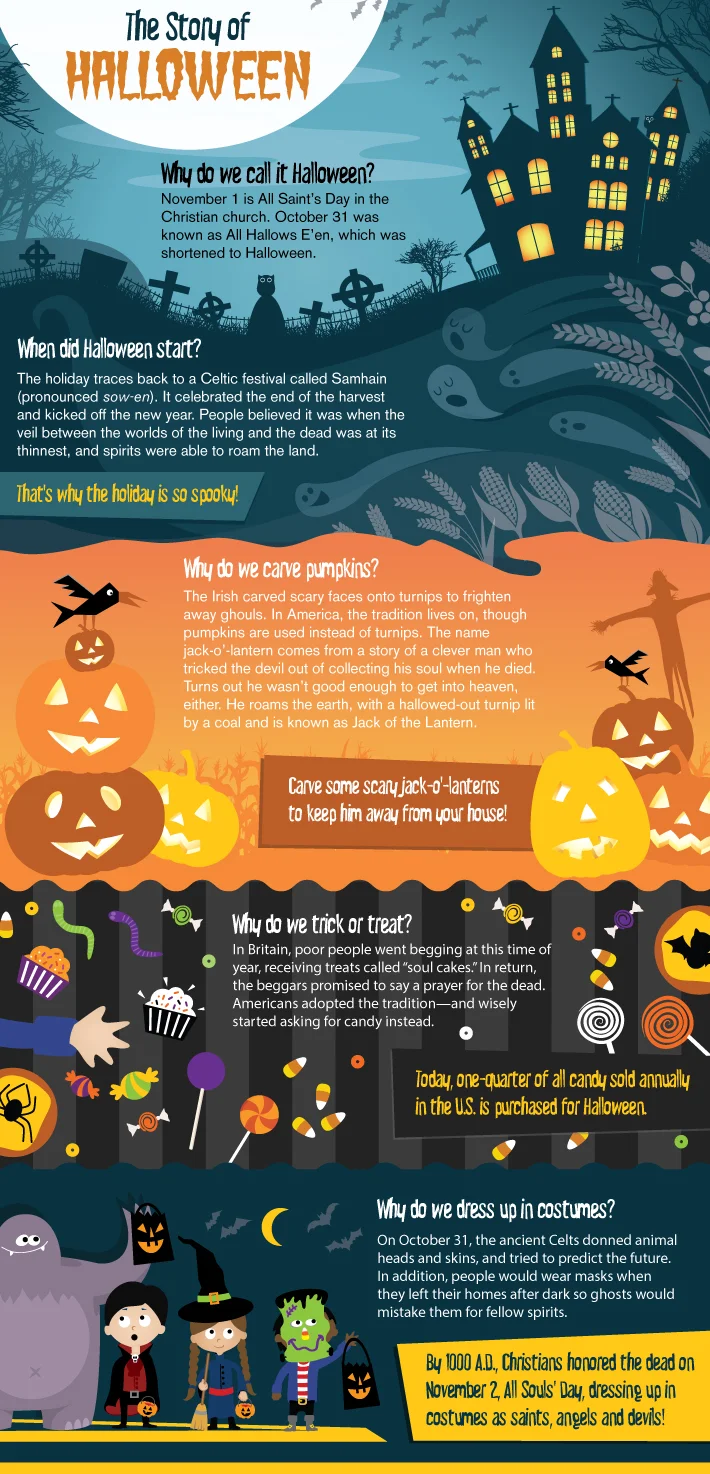Halloween History Questions: Exploring the Origins and Traditions of the Spooky Holiday
Related Articles: Halloween History Questions: Exploring the Origins and Traditions of the Spooky Holiday
- Halloween Ends: Release Date, Cast, Plot, And Everything We Know So Far
- Celebrate The Spooky Season With Disney’s Enchanting Halloween PNGs 2024
- Halloween Games On Google 2024: A Spooktacular Roundup
- Disney Toys Embraces The Spooky Spirit With Enchanting Halloween Collection For 2024
- Halloween Games 2024: Spooky And Exciting Activities For The Spookiest Night Of The Year
Introduction
With great pleasure, we will explore the intriguing topic related to Halloween History Questions: Exploring the Origins and Traditions of the Spooky Holiday. Let’s weave interesting information and offer fresh perspectives to the readers.
Table of Content
Video about Halloween History Questions: Exploring the Origins and Traditions of the Spooky Holiday
Halloween History Questions: Exploring the Origins and Traditions of the Spooky Holiday
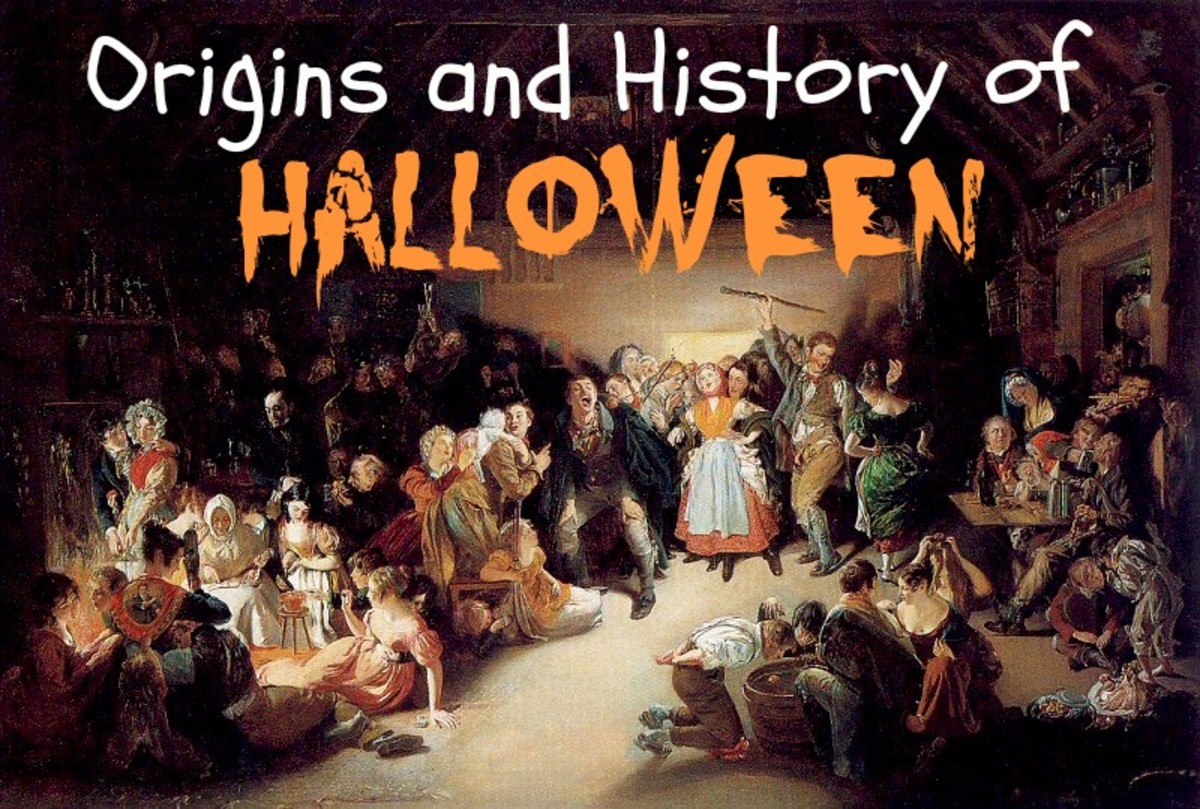
Introduction
Halloween, a festival celebrated annually on October 31, is a time for costumes, trick-or-treating, and spooky festivities. While its modern-day customs are widely recognized, the history of Halloween is shrouded in mystery and folklore. This article delves into the origins and traditions of Halloween, exploring its roots in ancient Celtic festivals, Christian influences, and the evolution of its customs over time.
Origins in Celtic Festivals
The origins of Halloween can be traced back to the ancient Celtic festival of Samhain, celebrated by the Celts, who lived in what is now Ireland, Britain, and northern France. Samhain marked the end of the summer and the beginning of the dark, cold winter months. The Celts believed that on the night of Samhain, the boundary between the worlds of the living and the dead became blurred, allowing spirits to cross over into the human realm.
During Samhain, the Celts would gather for bonfires, wear costumes made of animal skins, and feast on food and drink. They believed that by doing so, they could honor the dead, ward off evil spirits, and protect themselves from harm.
Christian Influences
In the 8th century, Pope Gregory IV designated November 1 as a day to honor all Christian saints, known as All Saints’ Day. Over time, the evening before All Saints’ Day became known as All Hallows’ Eve, which eventually evolved into the modern-day Halloween.
The Christian Church attempted to Christianize Samhain by incorporating some of its traditions into All Hallows’ Eve. For example, the bonfires were replaced with candles, and the costumes were transformed into representations of saints and angels.
Evolution of Halloween Customs
Over the centuries, Halloween customs have evolved and changed. In the Middle Ages, it became common for people to go door-to-door begging for food and drink, a practice known as "souling." This tradition eventually evolved into the modern-day trick-or-treating.
In the 19th century, Halloween was brought to North America by Irish and Scottish immigrants. It quickly gained popularity and became a widespread celebration. The holiday was further popularized in the 20th century through movies, television shows, and other forms of popular culture.
Modern-Day Halloween Traditions
Today, Halloween is a widely celebrated holiday around the world. Some of the most common traditions include:
- Costumes: People of all ages dress up in costumes, often representing characters from movies, television shows, or other fictional works.
- Trick-or-treating: Children go door-to-door asking for candy and other treats.
- Jack-o’-lanterns: Carved pumpkins with lighted candles are used to ward off evil spirits.
- Bonfires: In some cultures, bonfires are still lit on Halloween to symbolize the protection of the living from the dead.
- Halloween parties: People gather for parties featuring Halloween-themed decorations, food, and drinks.
Historical Significance of Halloween
Halloween has played a significant role in history and culture. It has:
- Preserved ancient Celtic traditions: Halloween’s origins in Samhain have helped to preserve ancient Celtic beliefs and practices.
- Influenced Christian holidays: Halloween has influenced the development of Christian holidays such as All Saints’ Day and All Souls’ Day.
- Shaped popular culture: Halloween has become a major cultural phenomenon, inspiring countless works of literature, film, and television.
- Promoted community: Halloween brings people together for festivities and celebrations, fostering a sense of community.
Conclusion
Halloween is a fascinating holiday with a rich history and diverse traditions. Its origins in ancient Celtic festivals, Christian influences, and the evolution of its customs over time have shaped it into the spooky and festive celebration we know today. By understanding the history of Halloween, we gain a deeper appreciation for its cultural significance and the ways in which it continues to captivate and inspire people around the world.
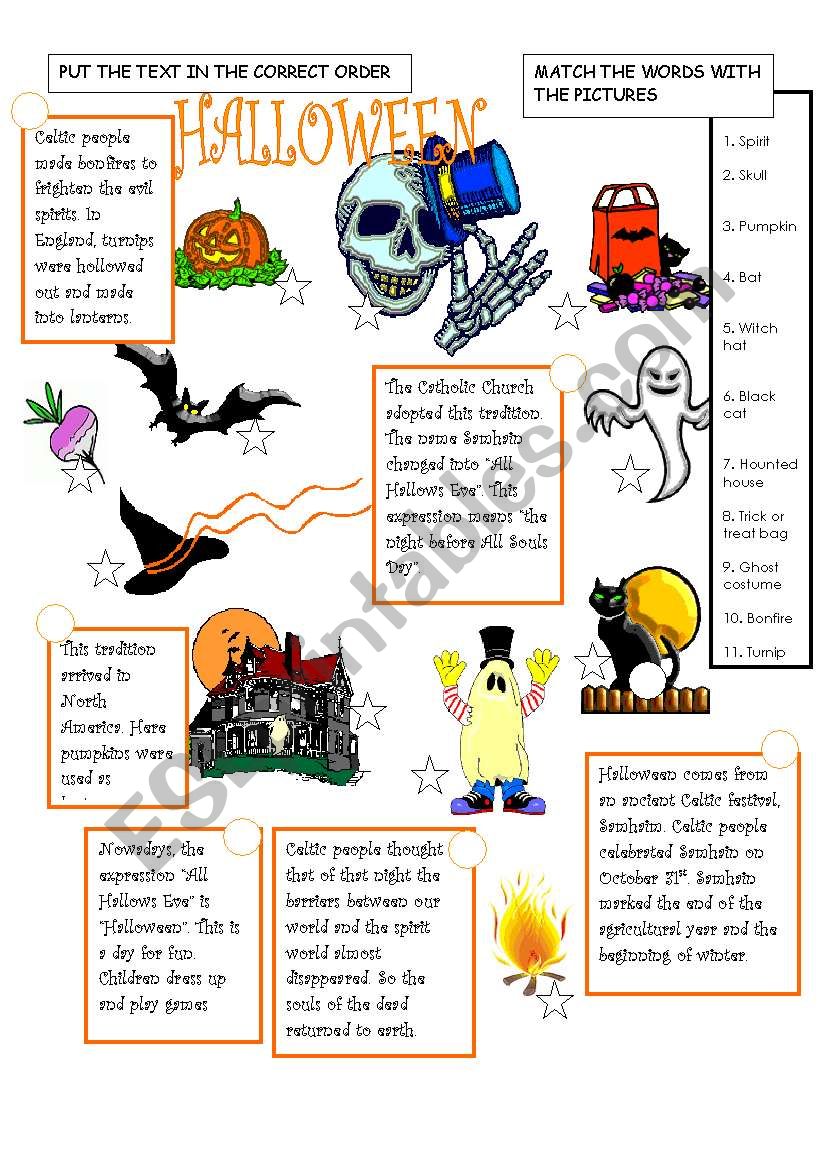

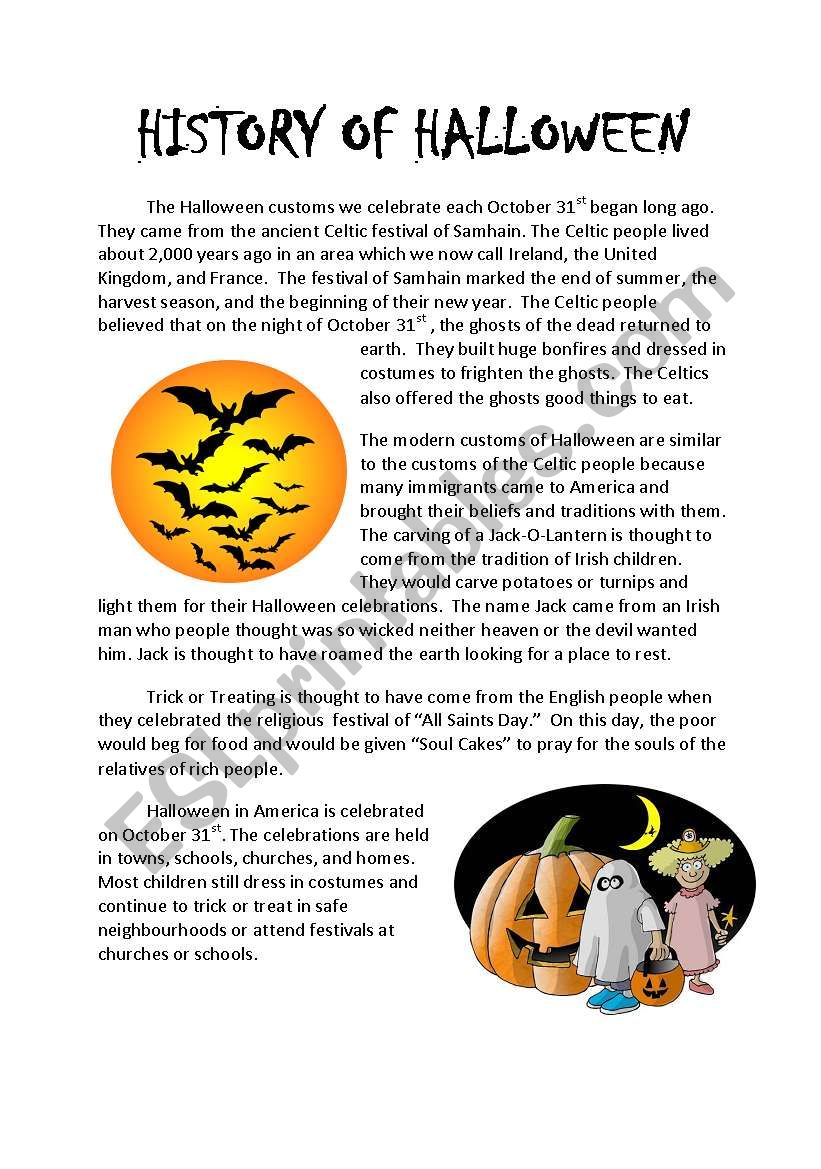



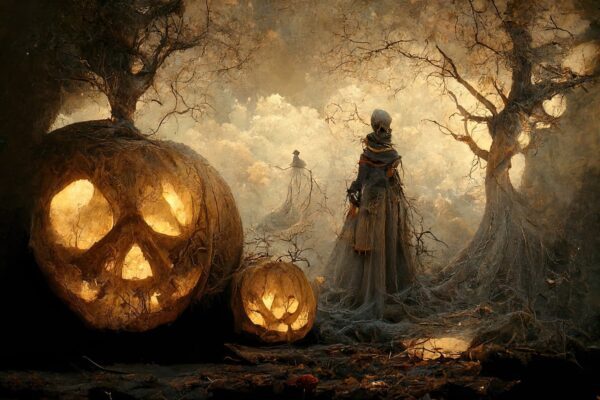
Closure
Thus, we hope this article has provided valuable insights into Halloween History Questions: Exploring the Origins and Traditions of the Spooky Holiday. We appreciate your attention to our article. See you in our next article!
